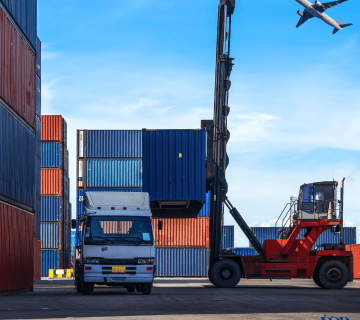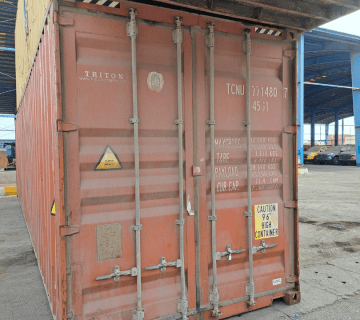Recent changes and amendments in customs laws

Recent changes and reforms in customs regulations have been influenced by various factors in many countries. The aim is to improve processes, increase efficiency, and facilitate international trade. Here are some recent changes and reforms in customs regulations:
Automation and Technology Utilization:
– Extensive use of modern information systems and software has led to increased accuracy, speed, and transparency in customs processes.
Facilitation of Import and Export Affairs:
– Measures have been taken to facilitate the import and export of goods, simplifying document procedures and implementing facilitative methods.
Changes in Customs Tariffs:
– Changes in customs tariffs for certain goods have been made to readjust markets and encourage specific imports or exports.
Security Regulations:
– Due to increased security threats, amendments have been made regarding the examination and implementation of security standards for cargoes.
Environmental Regulations:
– Development and implementation of environmental regulations to reduce the negative impacts of international transportation and promote sustainable solutions.
Changes in Financial and Tax Regulations:
– Changes in taxes and financial measures to encourage international trade and foreign investment have been considered.
Changes in Inspection Procedures:
– Inspection procedures and methods have been revised and optimized to improve efficiency and reduce inspection times.
International Collaboration Development:

 then 'Add to home screen'
then 'Add to home screen' then 'Add to home screen'
then 'Add to home screen'



بدون دیدگاه